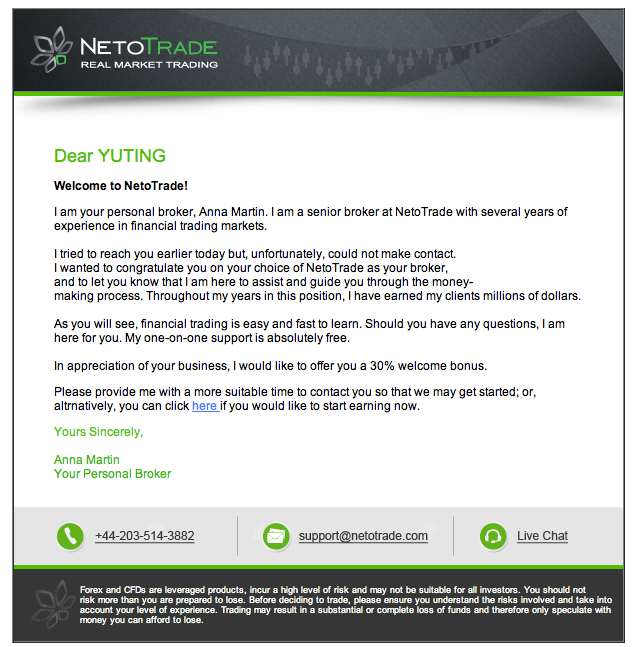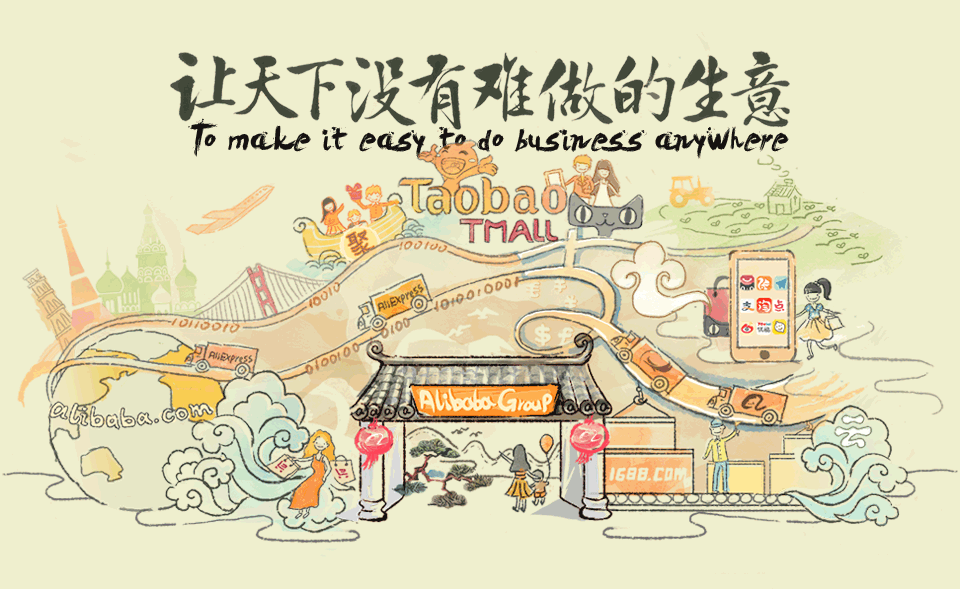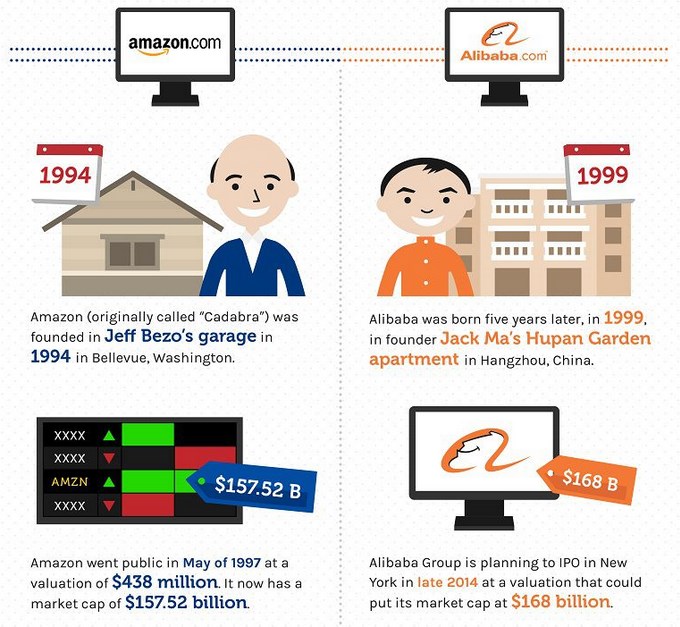After I learned about Arc Initiative, a social enterprise, and learned how this program has been making positive impact on the community in developing countries, such as South Africa, Ethiopia, Rwanda, and Colombia, which desperately need financial support and most importantly need educational support, I have gained better understanding about that a social enterprise like Arc Initiative helps facilitate the sustainable development of the local entrepreneurs along with the local community’s economy through offering the local entrepreneurs business knowledge and toolkits rather than only offer them money like many other non-for-profit organizations such as United Nations did.
This innovative support from Arc Institute allows the local entrepreneurs to have the ability to utilize efficiently and effectively the skill-sets, business expertise, and the experiences they gained and to make a change from what they have learned than relying on financial support, the temporary, non-renewable resources.
My top takeaways from social enterprise such as Arc initiatives are that education is the key. What truly make a huge, long lasting, positive impact on the people who need support are practical skills, knowledge, and experiences rather than only money because all these aspects empower the people to own the knowledge to create opportunities and to break the poverty for themselves and even for their community rather than relying on financial support, which can’t solve the underlying, fundamental problems (poverty, lack of education, lack of health/ social care) in developing countries.
Web References:
http://www.sauder.ubc.ca/Global_Reach/ARC_Initiative
https://startanevolution.ubc.ca/projects/the-arc-initiative/
http://skollworldforum.org/about/what-is-social-entrepreneurship/
http://news.ubc.ca/2014/06/30/upward-arc/
http://www.louisianaweekly.com/education-the-key-to-breaking-the-cycle-of-poverty/









